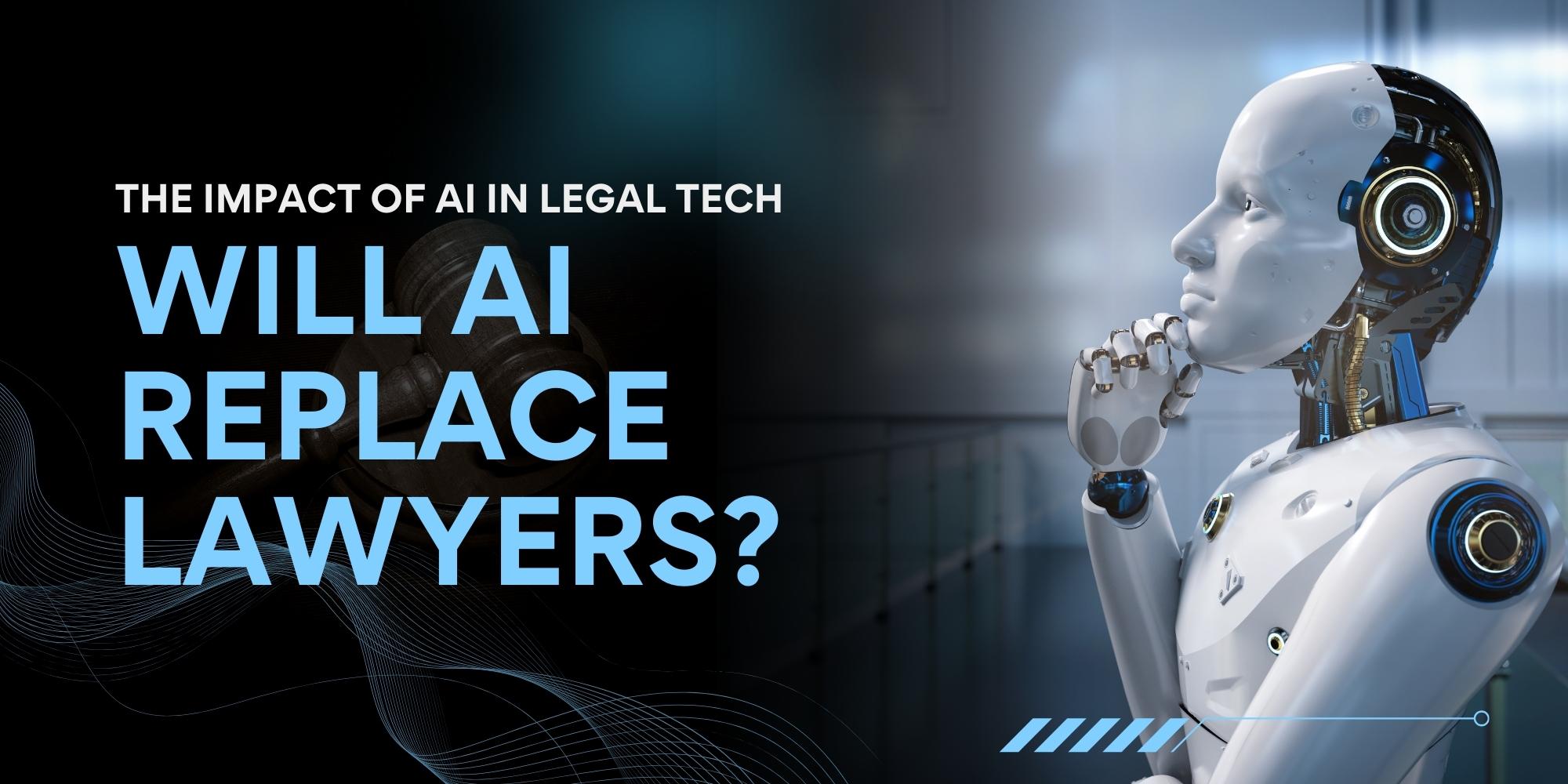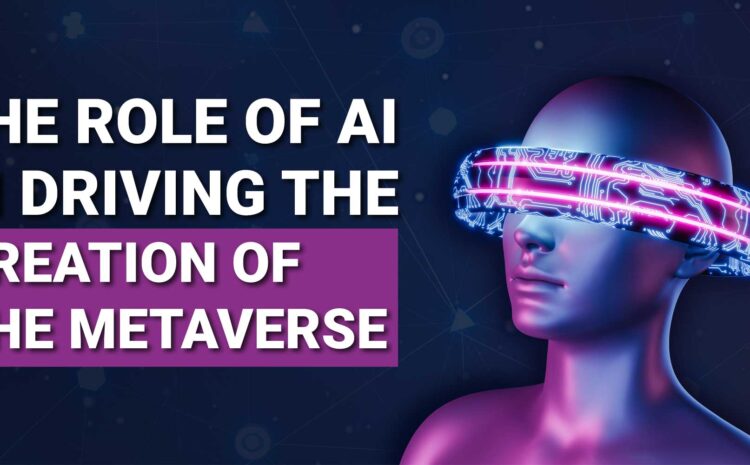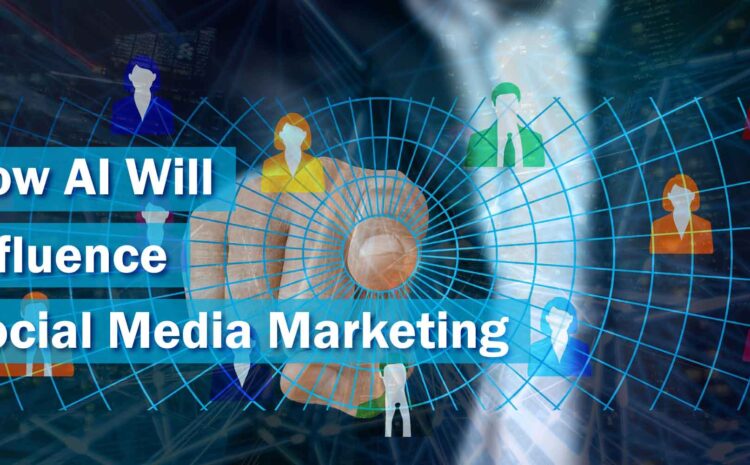Welcome back, everyone! Artificial Intelligence (AI) is rapidly transforming various industries, and the legal sector is no exception. As AI continues to evolve, it raises a pressing question: Will AI replace lawyers? This blog delves into the current impact of AI on legal technology, its potential to automate legal tasks, and the indispensable human elements that AI cannot replicate. We’ll also explore how legal professionals can adapt to this technological shift, incorporating real-life examples to illustrate these developments.
Short on time? Don’t worry—there’s a quick summary at the end!
The Rise of AI in Legal Tech
AI has made significant strides in automating routine legal tasks, enhancing efficiency and accuracy. Tools powered by AI are now capable of performing functions such as:
Document Review and Due Diligence
AI algorithms can swiftly analyze and extract relevant information from vast volumes of documents, reducing the time and cost associated with manual reviews. For instance, Unilever utilized AI to review approximately 18,000 contracts during an M&A transaction, a task that would have traditionally required 9,000 hours of human review. By implementing AI, Unilever significantly reduced the time and resources needed for due diligence.
Legal Research
Advanced AI systems can search and summarize case law, statutes, and legal precedents, providing lawyers with pertinent information more quickly than traditional methods. ROSS Intelligence, for example, employs natural language processing and machine learning to scan legal databases and deliver precise insights instantly. This technology enabled the law firm BakerHostetler to reduce legal research time by 60%, allowing attorneys to focus more on client representation and litigation strategies.
Contract Analysis and Drafting
AI-powered platforms can review, redline, and even generate contract clauses, ensuring consistency and compliance with legal standards. Robin AI, founded in 2019, provides AI-driven legal services to firms like Pfizer, KPMG, and UBS. Their tools suggest contract edits and analyze large volumes of legal documents to answer queries, significantly saving time for clients. In 2024, Robin AI expanded its US operations six-fold, reflecting the growing demand for AI in contract management.
These applications demonstrate AI’s potential to handle time-consuming tasks, allowing legal professionals to focus on more strategic aspects of their work.
Will AI Replace Lawyers?
While AI’s capabilities are impressive, the consensus among experts is that AI will not replace lawyers but rather augment their roles. AI excels at processing information and identifying patterns but lacks the human judgment, ethical reasoning, and interpersonal skills essential in legal practice. Complex legal issues often require nuanced understanding, empathy, and strategic decision-making—areas where human lawyers are irreplaceable.
Moreover, client relationships and courtroom advocacy involve a level of personal interaction and persuasion that AI cannot replicate. Legal matters frequently deal with sensitive and emotionally charged situations, necessitating a human touch that fosters trust and understanding between attorneys and their clients. As noted during the Legalweek conference, while AI can enhance efficiency, the adoption of such technologies has been slow, and the human element remains crucial in legal proceedings.
Adapting to the AI Revolution
To remain competitive in an AI-enhanced legal landscape, professionals should consider the following strategies:
- Embrace AI Tools: Integrate AI technologies into daily practice to automate routine tasks, thereby improving efficiency and accuracy. For example, law firms adopting AI-powered contract review software have experienced accelerated deal cycles and faster contract analysis, enabling legal teams to focus on high-value tasks.
- Focus on Specialized Skills: Develop expertise in areas that require human judgment, such as negotiation, litigation strategy, and ethical decision-making. These skills remain beyond AI’s capabilities and are vital for complex legal matters.
- Continuous Learning: Stay informed about technological advancements and seek training on emerging legal tech tools to understand their capabilities and limitations. Engaging with AI tools like ChatGPT for document review and legal research can provide valuable experience, though human verification remains essential.
- Ethical Vigilance: Ensure that the use of AI aligns with ethical standards and that there is transparency in how AI tools are employed in legal processes. Regular audits of AI-generated legal research and contract reviews can help maintain compliance with data protection regulations.
By adopting these approaches, legal professionals can leverage AI as a powerful ally rather than viewing it as a threat.
AI is undeniably reshaping the legal industry by automating routine tasks and enhancing operational efficiency. However, the core functions that define the legal profession—critical thinking, ethical judgment, and client advocacy—remain firmly within the human domain. Rather than replacing lawyers, AI serves as a tool that, when used effectively, can augment legal practice and improve service delivery. The future of law lies in a symbiotic relationship between human expertise and artificial intelligence.
TL;DR: AI is transforming legal tech by automating tasks like document review, legal research, and contract analysis, enhancing efficiency. However, it cannot replace the human judgment, ethical reasoning, and interpersonal skills essential in legal practice. Lawyers should embrace AI tools to augment their work, focusing on specialized skills and ethical vigilance to remain indispensable in the evolving legal landscape.
Hope you enjoyed this post! While you’re here, why not check out a few of our other pieces? We have several blog posts on HR, Cloud Technologies, Salesforce CRM, AI, Salesforce CPQ, Zoho, Bitcoin, Cybersecurity, AWS, and many other topics we just know you’ll love. Browse the topics here!




